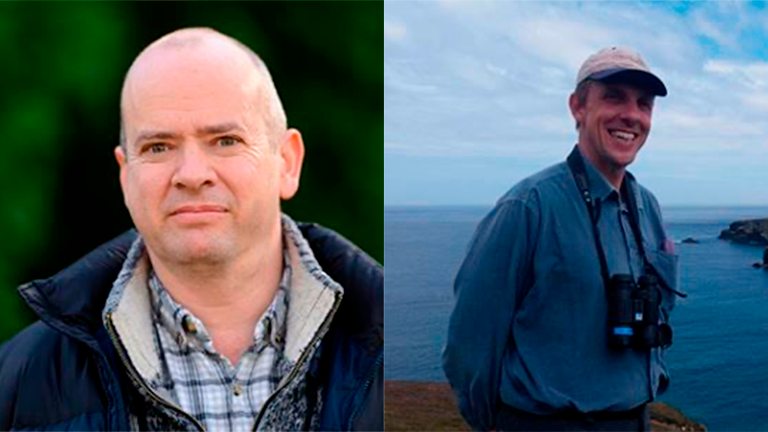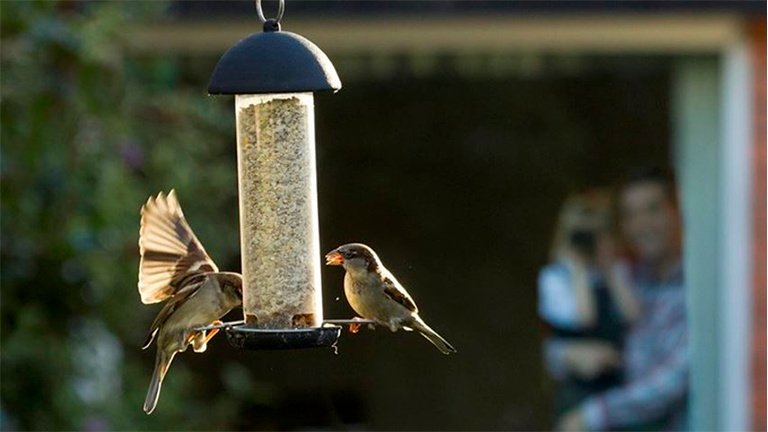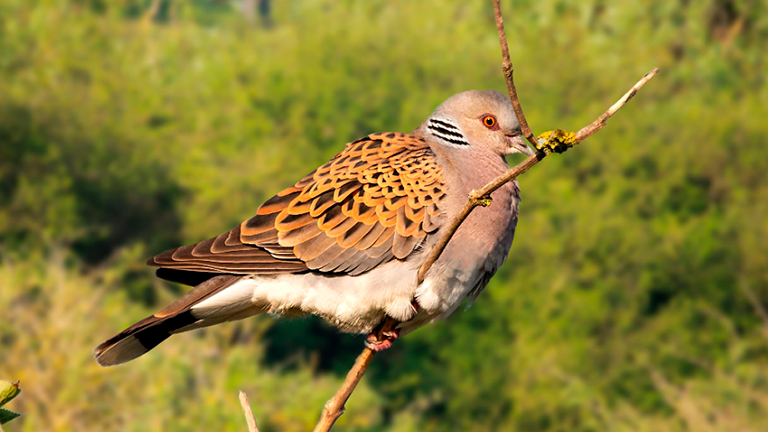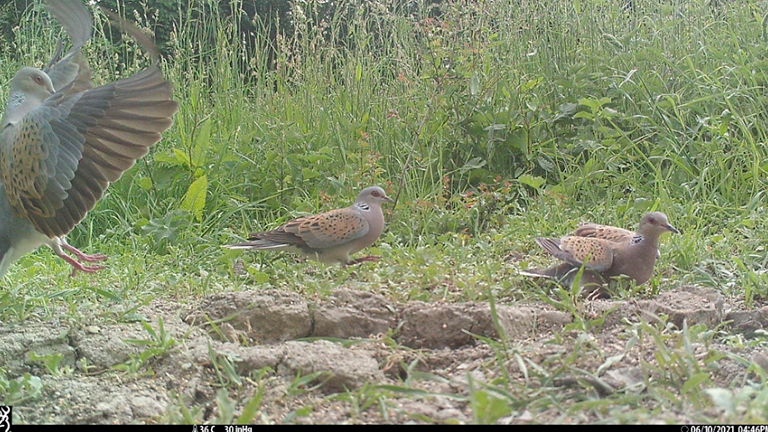Research and development technical officer Nigel Butcher and conservation scientist Andrew Stanbury spoke to us about the RSPB’s work with citizen scientists to achieve these goals.

A million citizen scientists help identify threatened species
The Society’s largest project is the annual Big Garden Birdwatch, which began in 1979. This year over a million people in the UK took part, recording about 600,000 surveys over one weekend. This makes it one of the biggest citizen science projects globally! Citizen scientists record bird species and numbers in their gardens or from their balconies for one hour, using an RSPB form. They then report their observations online or via post. This data is analysed by Andrew and his team for changes in populations of bird species, which, along with other national bird surveys, helps identify which bird species need extra conservation help.

Conserving threatened species
When a population crashes, more targeted national surveys become necessary due to the rarity of the bird species. For example, since 1970, turtle dove populations have declined by 93% in the UK, with similar trends observed across Europe. Consequently, the species is currently a focus of RSPB conservation work.
Citizen scientists have also contributed to this work. A national baseline survey ‘snapshot’ counting turtle doves was conducted in the summer of 2021, made possible by over 700 citizen scientists. They worked with RSPB staff to survey over 1500 randomly placed 1km squares across England. Volunteers selected squares to survey using an ArcGIS map, and they then submitted their data for each square online.

A major pressure on the turtle dove is a lack of availability of appropriate food – weed seeds – in the countryside, lost with modern agricultural practices. RSPB turtle dove advisors talk to farmers to put a variety of protection measures in place for the species, such as putting supplementary food out, and planting seed plots that they can feed from. The turtle dove survey will hopefully be repeated in 5-10 years, likely again with the help of citizen scientists. This will assess the success of the conservation measures, and identify sites to focus efforts for continued turtle dove conservation.
The importance of citizen science technologies
Resources in conservation are frequently stretched. The task of data analysis in particular, is time-consuming due to the large volumes of data collected in research. This can be especially true during citizen science powered projects, like the Big Garden Birdwatch, and the Turtle Dove Survey.
Developing digital recording, online data entry, and automated analysis technologies, can help maximise available time and resources. For example, image and video analysis by Cos4Cloud’s Biodiversity-DL and FASTCAT-Cloud, may help tackle the large amounts of data collected in citizen science projects to help achieve conservation goals.

To learn more about conservation and get involved with citizen science projects for birds, visit the RSPB website.
To learn more about citizen science technologies in development, visit the Cos4Cloud website.

















